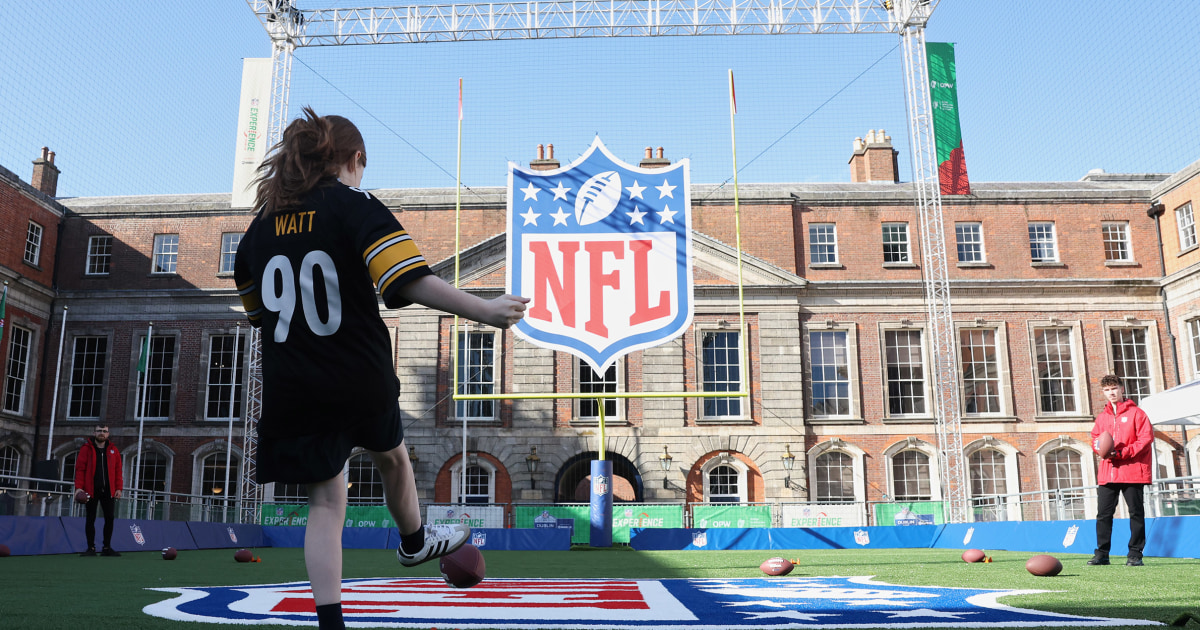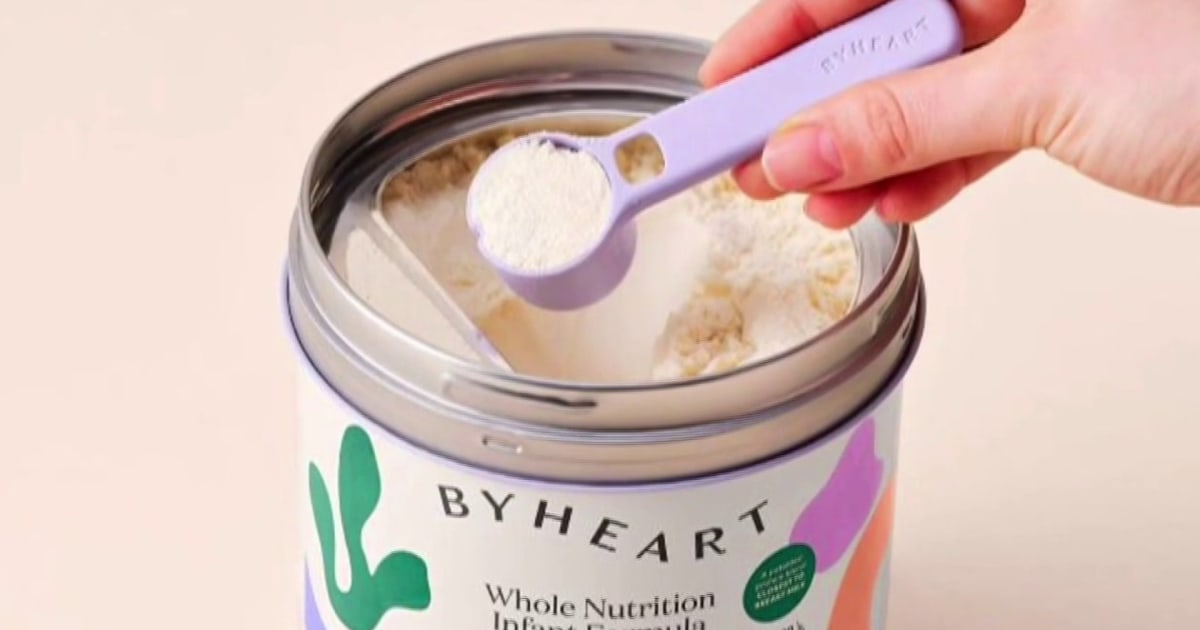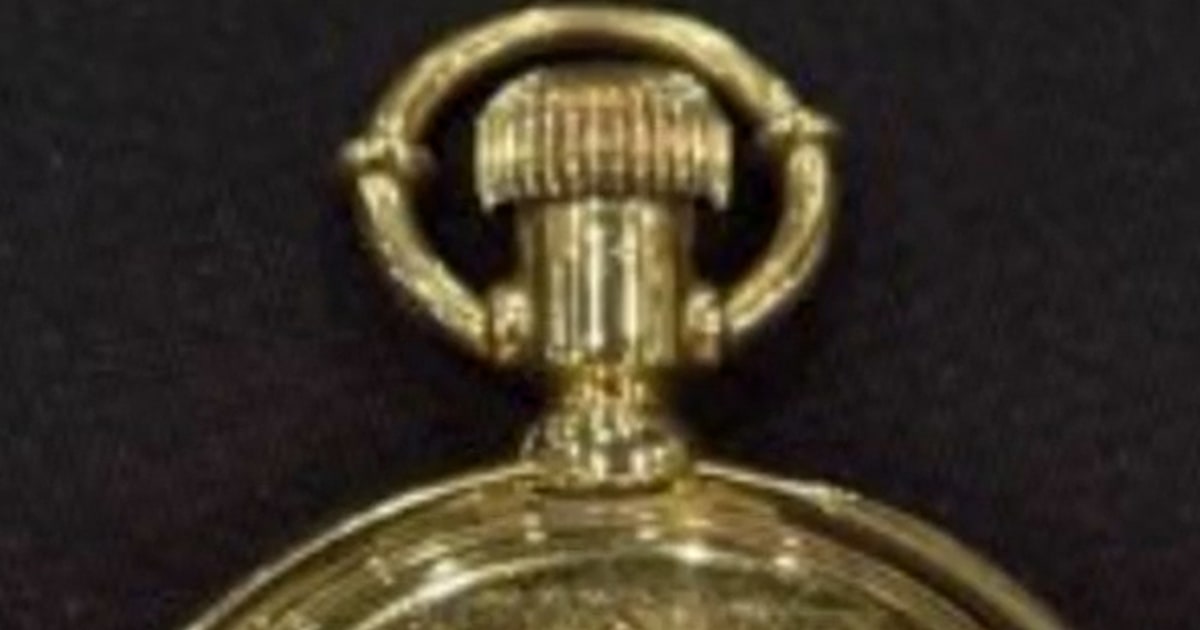The Pittsburgh Steelers and the Minnesota Vikings will make history as they become the first NFL teams to play a regular season game in Ireland.
Source link
Sept. 27, 2025, 5:00 AM EDTBy Molly Hunter and Tony BrownDUBLIN — They’re already storied franchises, but when the Pittsburgh Steelers and the Minnesota Vikings take to the field at Dublin’s Croke Park on Sunday, they’ll make history as the first NFL teams to play a regular season game in Ireland. And that has many fans of both teams so stoked that they made their way across the Atlantic to the Irish capital.“This is the Steelers’ game, and the Vikings are just humbly invited to come get whooped,” Steelers fan Ryan Gray told NBC News earlier this week. Gray, who traveled from Chattanooga, Tennessee, for the game, added he was enjoying “not only Dublin but Ireland as a whole” and he was “very very thankful for that.” Vikings fans Cindy and Johnny File, who came from Minnesota with their friends Fred and Jerri Menth, were also soaking up the atmosphere, enjoying “the craic,” as it’s known in Ireland, and equally bullish about their team’s chances.




